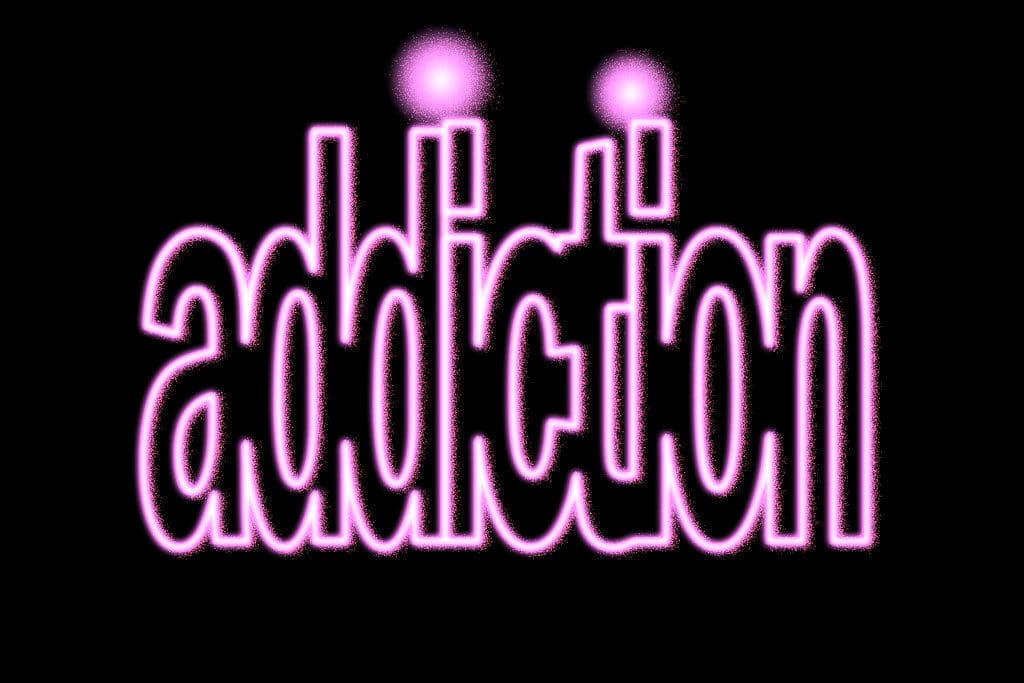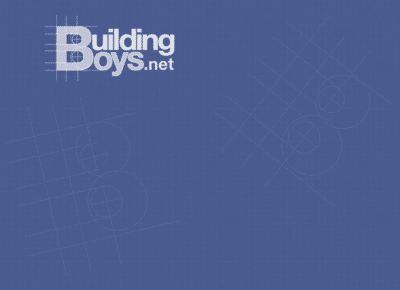Addictions And The Damage They Cause Can Be Overcome If You Take The Right Steps

Life comes with ups and downs. There will always be stressors and difficulties to deal with and overcome in life. Unfortunately, some among us turn to drugs and/or alcohol to cope with their struggles and escape the pain in their lives.
What is meant to be a temporary coping mechanism sometimes takes a dark turn that ends in addiction. Addiction is a beast in its own right that comes with its own issues that can consume a person’s life. Luckily, there are places, such as OhioARC, that are equipped to provide help and assistance for those who fall into addiction and the people around them who care. It is in these places like these that treatment can begin a path forward created
An Intervention Is The First Step
The first of the addiction treatment approaches has to be an intervention. No matter how much family and friends of a person suffering from addiction may want to help, nothing will change until the addicted person accepts that they have a problem. Many addicted people are in denial of their addiction or simply fear facing it. The intervention process provides a safe and encouraging environment for them to acknowledge the problem and take the first step in getting better.
Detox for a Clean Start
The truth of the matter is that not all addictions are comparable in their severity. Addiction to opioids creates a physical dependence; the body comes to rely on the drug’s presence to function. During detox, the presence of the drug is purged from the body. This process can be a physically painful and grueling thing to endure, but it is also necessary and can’t be avoided. Medical detox provides a point of stabilization for the addicted person. It allows affected individuals to slowly withdraw from both the physical and psychological symptoms that accompany addiction.
Individual Therapy
There are a number of different therapies that are included in the addiction treatment approaches. Individual therapy becomes useful when the addicted person also faces other issues that are best dealt with in private rather than a group setting. These include depression, bipolar disorder and other mental health issues that require treatment of their own outside of facing addiction.
Group Therapy
The atmosphere that is established during group therapy helps to generate better results than individual therapy with regards to addiction treatment. This is due to the fact that while in a group setting, addicted patients are both challenged to face their addiction demons but are also supported as they do so. This provides a comfort zone that allows those facing addiction to be raw and exposed as they deal with the road to recovery. Opening up during group sessions isn’t an easy thing to do, but as patient begins to do so, they learn about the struggles of others and discover hidden things about themselves.
Family Therapy
Drug addiction isn’t something that solely affects the individual struggling with addiction. The family and friends of addicted individuals are also deeply impacted by their addiction. The sometimes abhorrent actions and self-destructive behavior that flows freely from those who are addicted adds a high level of stress to their family and friends. Family and friends, however, can be a tremendous asset to healing and recovery. They are more than likely the catalyst for the intervention which begins the recovery process and they can play a large role in therapy.
The successful treatment of anyone facing addiction requires a strong support network. This is a role that’s ideally filled by family and friends, so it only makes sense to include them in some aspect of the therapy process. There are a few reasons that including family and friends in the process is a wise idea. Family and friends serve as a beacon of what life can and should be. As a result, they become a strong motivation for the individual working through therapy Having family and friends as a part of therapy decrease the chances that those struggling with addiction will stop attending. The last, but often most important, reason to include family and friends in therapy is that it provides an opportunity to heal relations and make amends for past transgressions.
This post contains affiliate links





